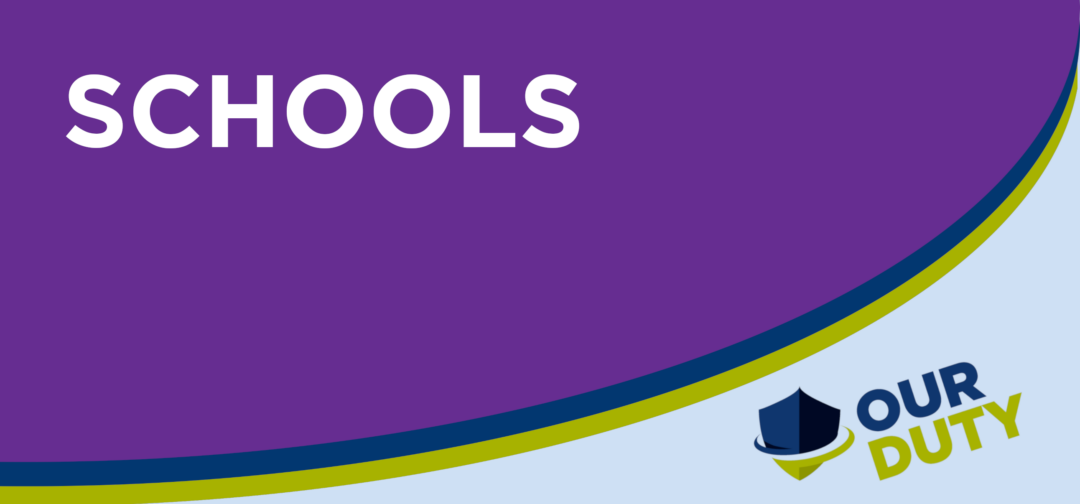We know that schools pose a significant risk to the health and wellbeing of children where they promote the idea that children can have a ‘gender identity’ or ‘be born in the wrong body’.
Universal Guidance on Transgender Policies for Schools
Homeschooling
National Resources
Australia
General Principles
The rights of parents and of children differ from country to country. However, there are some basic expectations that parents can have when it comes to their children’s education.
1. Safety and Well-Being:
- Parents expect schools to provide a safe and secure environment for their children.
- Assurance that the school follows proper health and safety protocols to minimize risks (social affirmation of an incongruent sex-based identity is an intervention outside the competence of school staff, and is very likely a breach of health and safety protocols).
- Adequate measures to prevent bullying, harassment, or any form of harm to students.
2. Quality Education:
- The primary purpose of sending a child to school is to receive a quality education.
- Expectation that teachers are qualified and competent in their respective subjects.
- Access to a well-rounded curriculum that fosters intellectual, emotional, and social growth.
3. Communication and Transparency:
- Regular communication between teachers and parents to discuss a child’s progress.
- Transparency in school policies, decision-making processes, and academic expectations.
- Access to information about the curriculum, teaching methods, and assessment criteria.
4. Individual Attention:
- An expectation that teachers recognize the individual needs and abilities of each student.
- Adequate support for students who may require additional help or have special needs.
- Recognition of each child’s unique strengths and encouragement of their talents.
- Children with special needs and children who are exceptional in other ways are at heightened risk of transgender ideation. It is reasonable to expect that schools are aware of these risks and seek to minimize them.
5. Respect for Cultural and Religious Beliefs:
- An environment that respects the cultural and religious diversity of students.
- Expectation that the school accommodates and respects various cultural practices and religious beliefs.
6. Absence of Political Indoctrination:
- Assurance that the school remains neutral in political matters and does not engage in partisan indoctrination. Teaching gender identity ideology as if it were fact is political indoctrination.
- Respect for diverse political opinions, this includes respect for those who do not believe in gender identity.
- A focus on objective, fact-based education.
7. Promotion of Critical Thinking:
- Expectation that the school encourages critical thinking and independent learning.
- Fostering an environment where students are taught to analyze information and form their own opinions.
8. Health and Well-Being:
- Adequate provision for physical education and activities that promote a healthy lifestyle.
- Policies that support mental health and well-being, including access to counseling services if needed.
9. Inclusive and Accepting Environment:
- A school culture that promotes inclusivity and acceptance of differences.
- Measures to prevent discrimination based on race, sex, religion, or any other characteristic.
10. Parental Involvement:
- Opportunities for parents to be actively involved in their child’s education.
- Regular updates on school activities and events, encouraging parental participation.
These fundamental expectations reflect the holistic nature of a child’s education, encompassing not only academic growth but also their safety, well-being, and the development of essential life skills.

